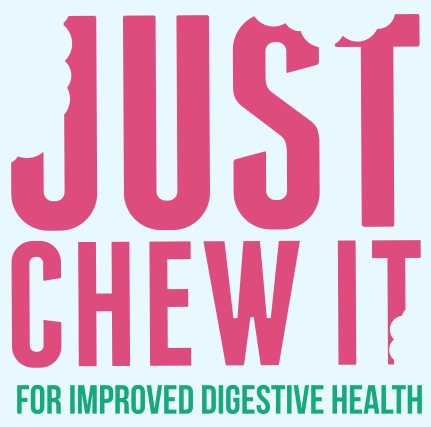Toddlers are great. They are curious, active, and love learning. For them, every moment is an exciting opportunity to learn something new. Toddlers are continually focused on experiencing positive emotions. They are not focused on negativity, nor do they hold grudges for a lifetime. That is why it’s so fun to be around them.
No matter how fun they might be, it is up to their caretakers to provide them with the best possible surroundings.
When playing, toddlers don’t think much about food and drinks, no matter how hot it may be outside. This is why it is up to adults to mind their nutrition and to keep them hydrated all year round.
Here is how to keep them fresh on hot summer days and create safe playtime.
Hydration Comes First
Drinking enough water every day is important for many reasons, no matter the temperature, as it helps regulate body temperature, keeps joints lubricated, and helps organs function properly. If you live in a hot climate, you already know how important it is to have a bottle of water of your own.
To help your toddler refresh, keep a bottle of fresh spring water by your side and give him some sips on a regular basis, especially if you notice less energy and lower playfulness. Sometimes toddlers can not tell that they are thirsty so their bodies will try to communicate it.
Most effective tips are usually the most simple ones. Use a hat to keep your toddler well-protected. When shopping for the perfect hat, focus on finding the one with a wide brim and a flap to cover the neck.
When you are there shopping, get a hat for yourself as well. Seeing you with your own hat, your kid will understand that it is important to wear one and will do the same as you.
Cars are heat traps. On hot days it is really challenging to sit cool inside your car – it is easier if you have the right air conditioning. If possible, on hot days, walk to the park. If you have to use your car, think about traveling earlier in the morning or later throughout the day. If you have a dog, the same car rules apply.
Extra Tips On How To Refresh A Toddler On Hot Summer Day
1. Fill up the paddling pool
2. Get a nursery thermometer
3. Create a breeze
4. Ventilate your home
5. Use appropriate bedding
6. Give them a quick bath
7. Check toddlers temperature
Put yourself in their shoes. Treat your toddler as you would treat an adult. Do not overdress your toddler just because you think it’s too cold for him.
Ask yourself – is it really that hot? Would I be comfortable wearing this? Don’t forget to talk with your pediatrician if you have any questions or concerns about keeping your toddler safe in the heat.
No matter where you might be, or if you are staying all day indoors, make sure that you have fresh spring water on you – it will keep both you and your toddler well-hydrated and active.






